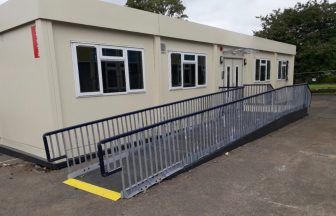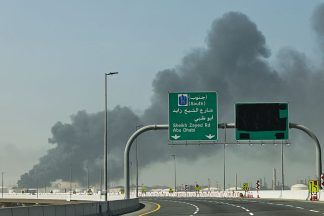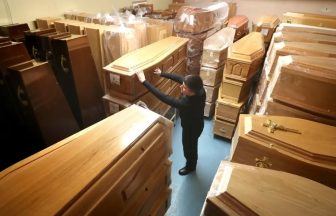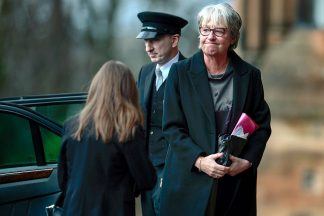Searches are under way to confirm the presence of collapse-risk concrete in schools across Scotland after the UK Government ordered more than 100 buildings to close due to the dangerous material.
The Scottish Government confirmed work is ongoing to determine where there is reinforced autoclaved aerated concrete (RAAC), with local councils expected to prioritise remedial work.
It said appropriate mitigation plans have and will be put in place to “ensure the safety of pupils and staff” should RAAC be found in walls, roofs and floors – meaning schools across the country could close.
The material is a lightweight concrete used from the 1950s up to the mid-1990s which is being assessed after it was linked to the collapse of the roof at Singlewell Primary School in Kent in 2018.
All Scottish councils are expected to report back this week about RAAC in their area.
More than 100 schools, nurseries and colleges in England have been told by the UK Government to close classrooms and other buildings that contain the aerated concrete which is prone to collapse.
Figures obtained by the Scottish Liberal Democrats in May revealed the substance was present in at least 37 schools in Scotland.
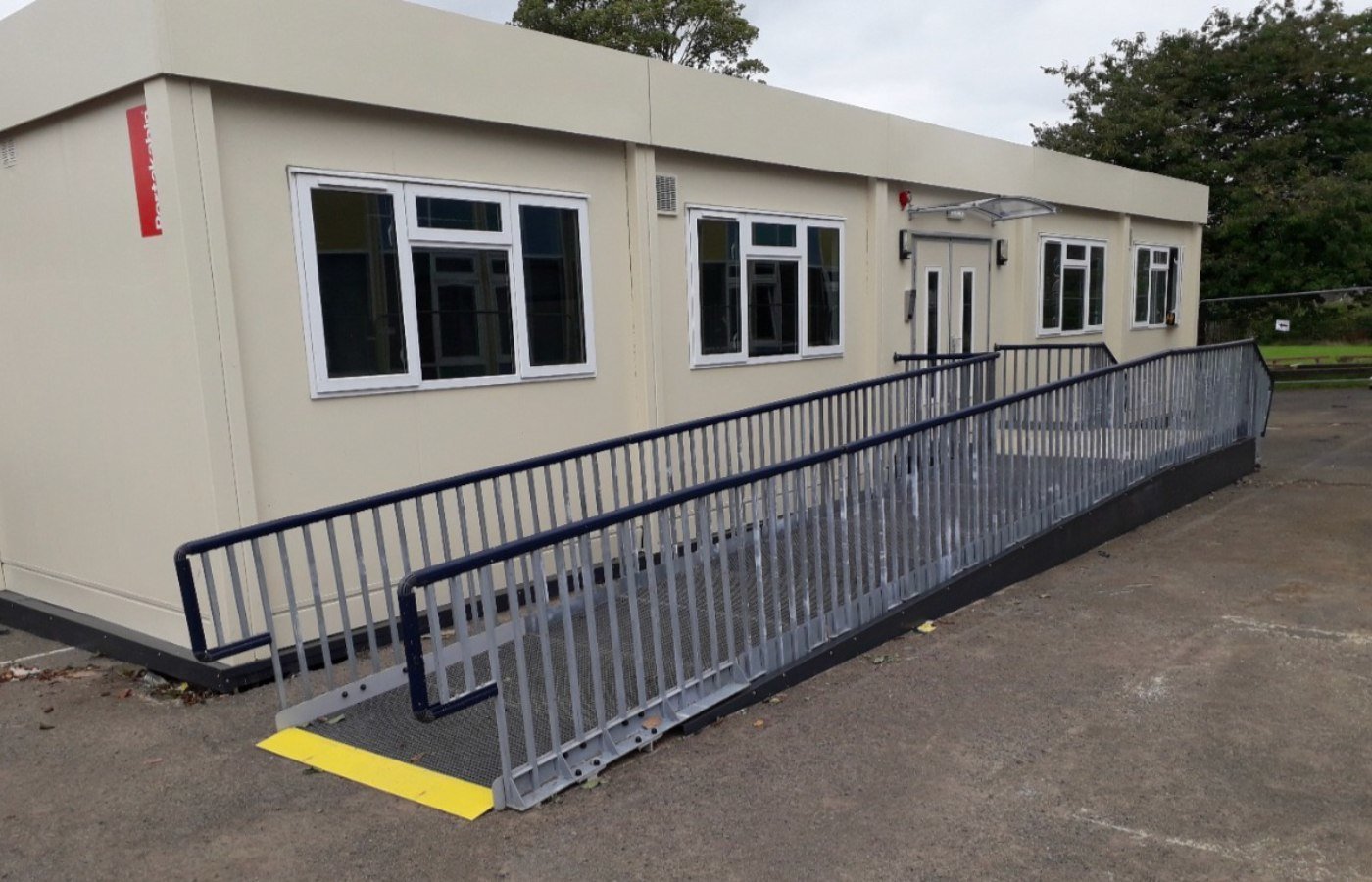 LDRS
LDRSThe data showed the light and bubbly form of precast concrete was present in nine schools in Dumfries and Galloway, seven in Aberdeen, six in Clackmannanshire and five in West Lothian.
Two schools in Dundee, the Highlands and North Lanarkshire were also found to contain the material, as well as single schools in Aberdeenshire, Argyll and Bute, East Lothian and Perth and Kinross.
Furthermore, sites such as Ninewells Hospital in Dundee, University Hospital Crosshouse in Kilmarnock and the Queen Elizabeth University Hospital in Glasgow have been identified as buildings that could contain RAAC.
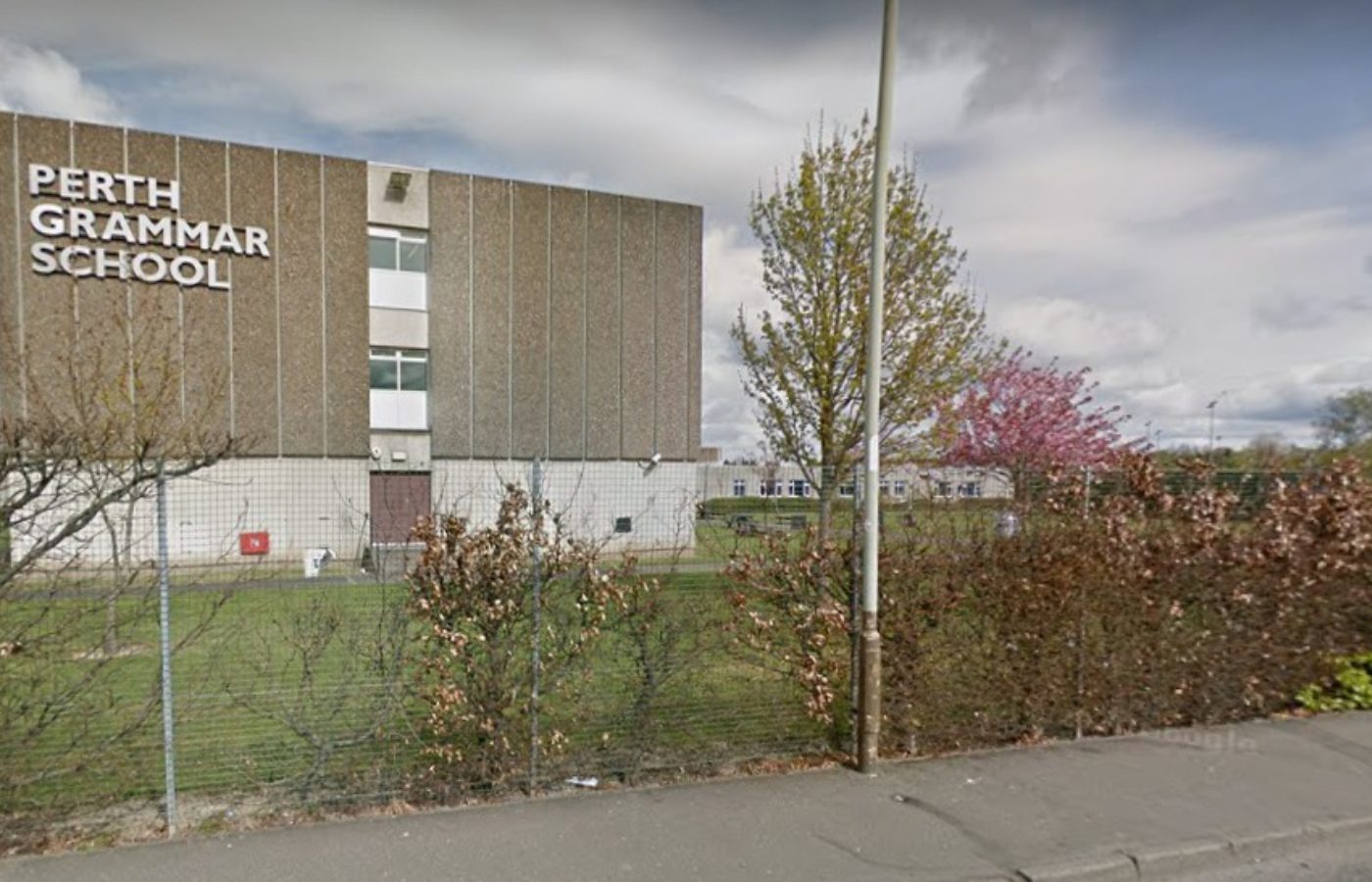 LDRS
LDRSA Scottish Government spokesperson said: “This is an issue the Scottish Government takes very seriously and so we have been working with partner bodies to understand the scope and nature of what we are dealing with.
“Reviews of Reinforced Autoclaved Aerated Concrete (RAAC) in property are being conducted by local authorities, NHS Scotland and other public sector organisations.
“Work is currently underway with local authorities to fully understand the presence of RAAC across the school estate.
“We have received returns for the majority of the school estate and expect to have full returns from all local authorities this week.
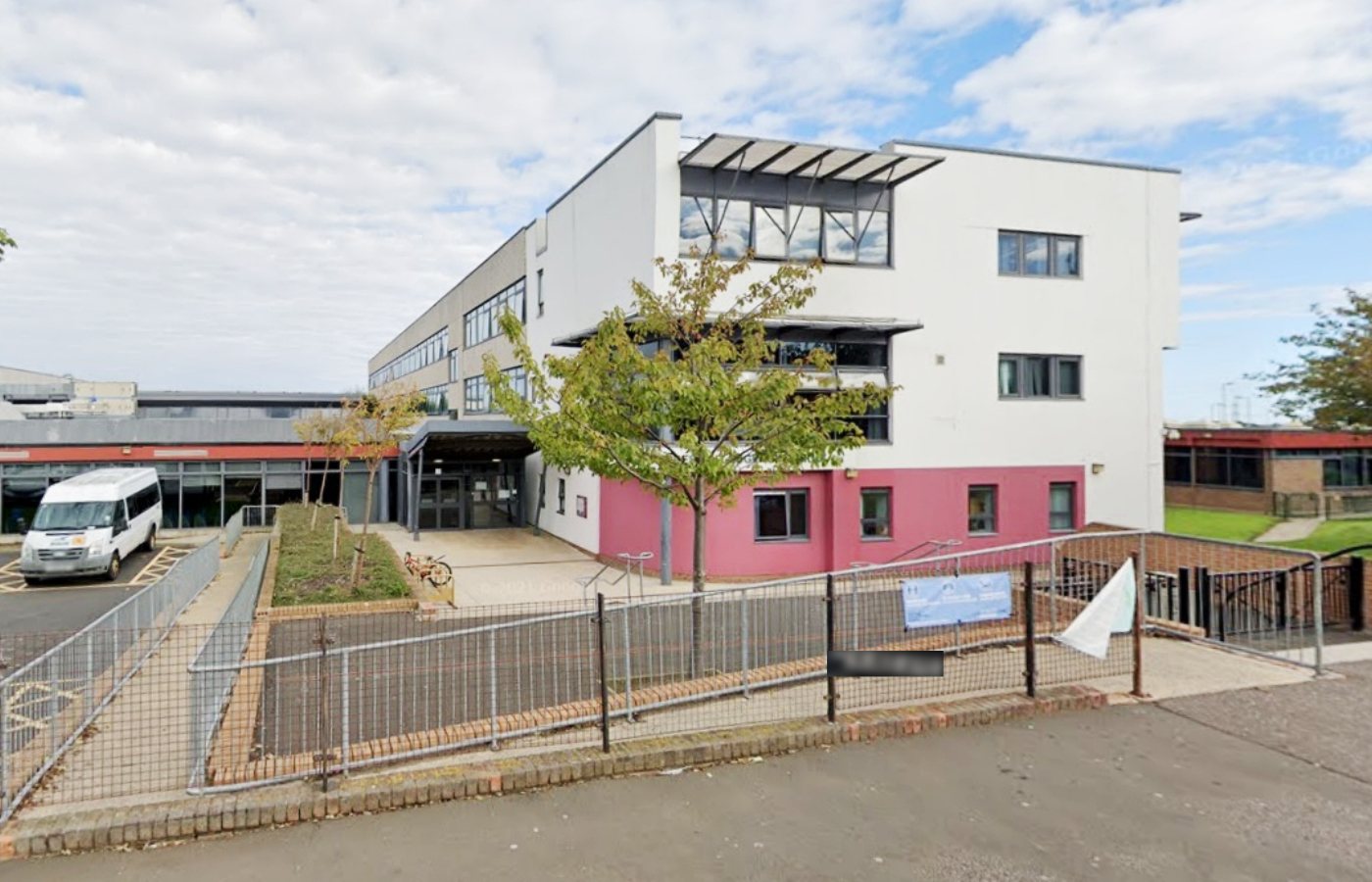 LDRS
LDRS“For those schools where RAAC is found, appropriate mitigation plans has and will be put in place to ensure the safety of pupils and staff. Ministers are clear that they expect local authorities to prioritise this work.
“We issued guidance and background on RAAC to the Association of Directors of Education in Scotland (ADES) and Scottish Heads of Property Services (SHoPS) networks. We will continue to work closely with all those bodies in responding to the challenge.”
Earlier this month, it was revealed that work is under way to replace RAAC panels in the roof of Perth Grammar School.
The school opened to staff and pupils with a full range of health and safety controls in place.
West Lothian Council was the first Scottish council to flag the issue and others – including Edinburgh City Council – have since taken action. Pupils at two Edinburgh primary schools will be taught in temporary classrooms after RAAC was found in the roofs of Trinity and Cramond primaries.
Guidance from the Institution of Structural Engineers instructs the material to be replaced only if it is deemed to be in a poor condition and is considered a high risk, otherwise it can be managed in place.
The Scottish Government said local authorities are currently undertaking reviews of the presence of RAAC in public buildings in Scotland, including schools and hospitals.
It said that where it is found, remedial work could include the closure of impacted rooms or sections of the building and the use of temporary, modular provision for pupils to ensure the continuity of education.
Ministers have also stressed pupils will not be taught in the parts of buildings where the concrete is considered a risk.
Follow STV News on WhatsApp
Scan the QR code on your mobile device for all the latest news from around the country


